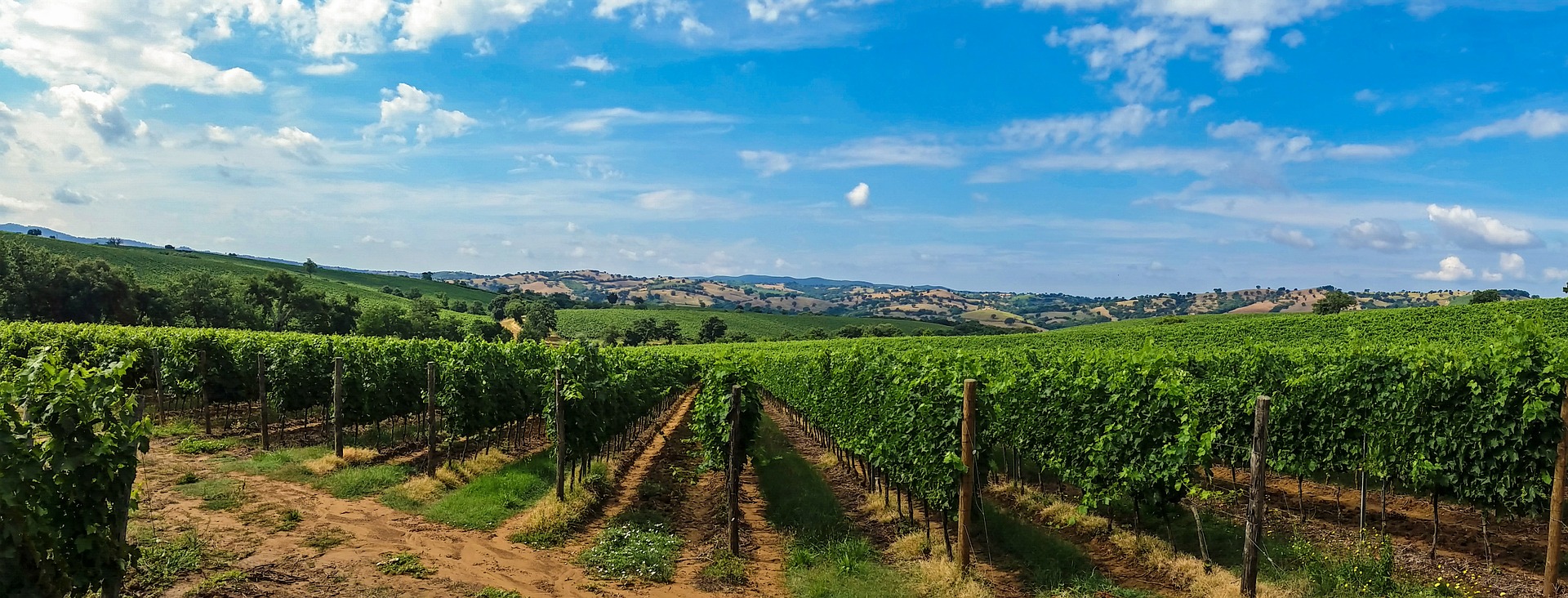The European Union has set a particular agenda in its regulations regarding the quality of food. Moreover, it states the fundamental importance for European nationals to access safe and wholesome nutrition of highest standards. As for Italy, the country observes the treatment methods of producing exceptional quality foods and drinks in the utmost details. Therefore, the sustainable agricultural methods in Italy have always been yielding the best renowned crops worldwide.
Best Tours in Italy:
Sustainability Measures in Italy and The Organic Produce
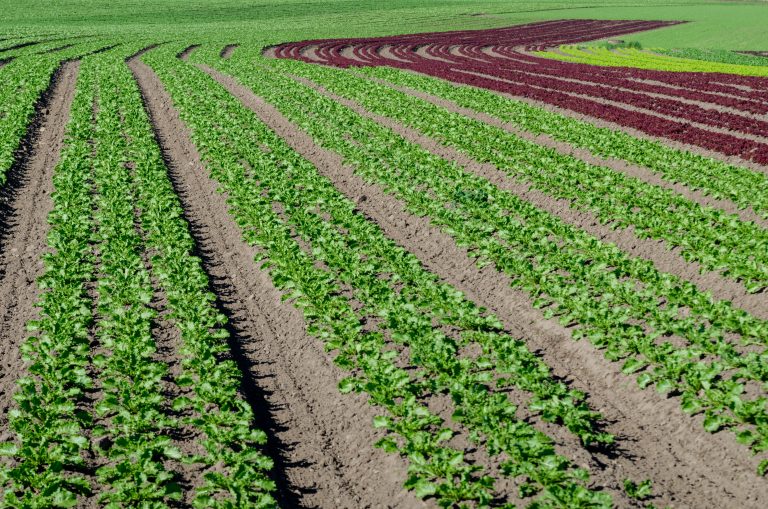
Italy has always been at the forefront in organic practices. The country is very generous with subsidizing crops and providing incentives to farmers engaged in this field. Consequently, eating wholesome organic produce is a way of life here. Moreover, it is very much connected to the Mediterranean Diet.
According to USDA Foreign Agriculture Service report: “Italy has the largest area of organic cropland in the EU and is a major exporter of organic products in Europe”. Moreover, the report states that such practices started in the early 60’s. It is then where farmers and consumers fundamentally wanted to enhance their food intake.
On the other hand, the report adds: “During the 1990s, the organic sector in Italy showed one of the largest average annual growth rates in Europe in terms of land under organic management. Since then, Italy’s organic area has grown to around 1 million hectares”.
The same report derives the below figures in relation to sustainable agriculture in Italy. It was published in 2013:
-Organic producers: 43,230
-Organic producers and processors: 2,564 (of the 43,230 above) who process their own products
-Processors: 5,223
-Importers: 260
These numbers, show us the enormous scale on which the agricultural model of Italy bases its sustainability practices.
Characteristics of Sustainable Agricultural Methods in Italy
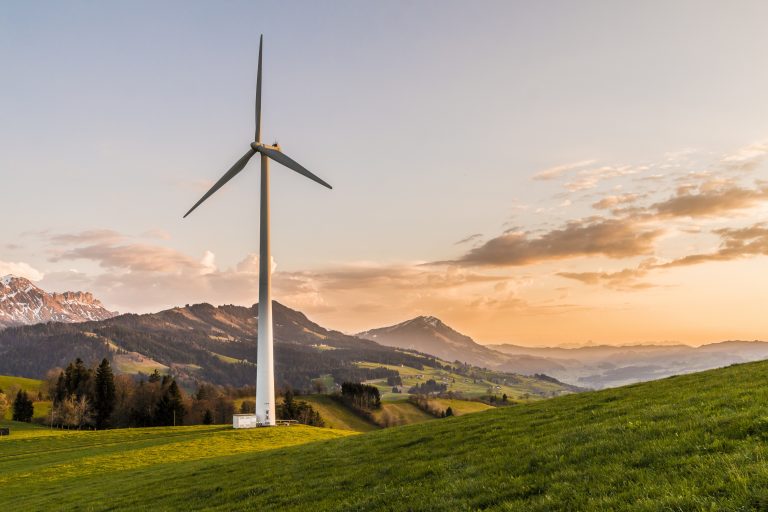
Many actions in farming are partially or totally related to sustainability. These include environmental factors at all stages of producing the product. For example, the air quality that the plant uses combined with the soil attributes can make or break these organic characteristics. Also, a very common practice is the disposal of traditional harmful pesticides. These cause damage to the human body, more than eradicating plants’ parasites.
Moreover the introduction of green energy sources to supply power to the fields is very fundamental. These include the main renewable energy of solar, wind and water (ocean/sea/river). More specifically, the photovoltaic methods of harvesting the sun’s natural energy through solar panels is the most common means of an environmentally friendly technique. Also, the use of agricultural methods that rely less on water consumption and the re-use of the water are vital.
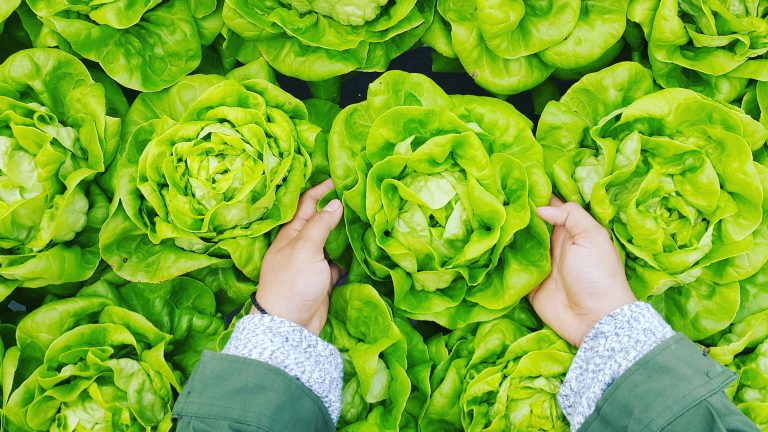
At packaging stage, the use of less plastic and more recyclable products is the way to go. Also, the shipment of the produce enters into the overall distribution methods. Therefore, shipping locally through using a bicycle to the nearby supermarkets is a hallmark in the world of sustainability.
As for the external dispatching within the EU, solar powered vehicle that uses environmentally friendly fridges is the best practice. When it comes for international shipping, specific vessels with advanced storage techniques are deployed. These can ship the produce for distances, while retaining its nutritional aspects.
Benefits of Sustainable Agriculture
The USDA Foreign Agriculture Service report has done a case study for The Barilla Center for Food & Nutrition (BCFN). It is an Italian center of multidisciplinary analysis and proposals which aims to explore the major issues related to food and nutrition on a global scale. These were the findings:
“The results show that the correct application of knowledge and agricultural practices not only improves crop yields and the quality of products, thus allowing an increase in the income generated by crops […]”.
The reports adds: “but also reduces the environmental impacts (up to 35% less greenhouse gas emissions) due to an increased efficiency of fertilization.”
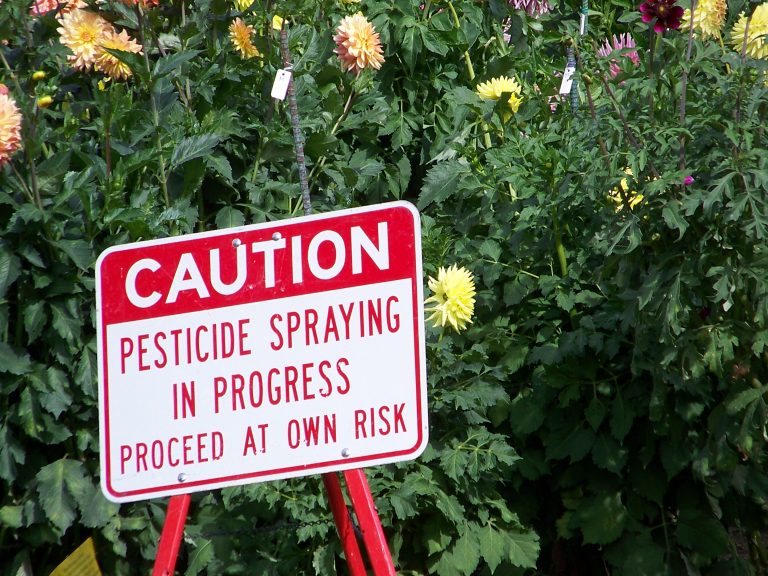
Moreover, many experts see the long term benefits of green agriculture are producing less waste. Of which some are natural while others can be very harmful chemicals. Moreover, it can solve the issue of water scarcity on the long run. Since the water used for irrigation is successfully retrieved and recycled.
Also, as vast amounts of lands are needed for organic sustainable produce, more oxygen levels generated by these plants are released into the atmosphere. Thus allowing the offset of pollutants in the breathable air around the farms.
Challenges Facing Sustainable Agriculture in Italy
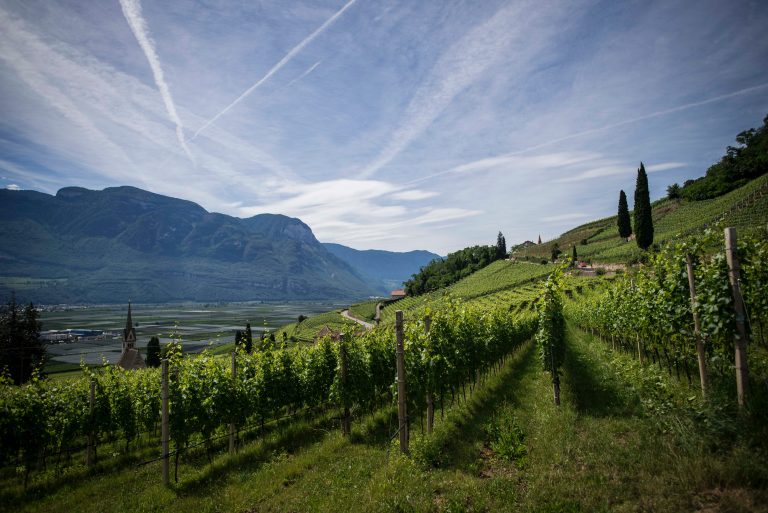
To be sustainable means continuity for uninterrupted periods of time. Therefore, Italy faces several challenges in keeping its organic farming feasible. Even though sustainable agriculture can solve many problems, it comes with its own set of obstacles.
These come in the form of severe water scarcity. This is especially true in drought seasons and in areas with less rain fall. Despite the fact that sustainable agriculture uses far less water sources and help with this specific problem, nonetheless, water remains vital to grow the crops. Therefore, if rain and water do not exist in the first place, sustainable agriculture cannot go very far in solving this problem.
On the other hand, organic produce is relatively costly in comparison to normal supply. Consequently, as the Italian market faces economic barriers, Italy is in need to find overseas markets to sell its organic produce.
Alternatively, the soil needs resting year after year, in order to avoid becoming sterile, or in extreme cases barren. Therefore, vast lands are alternatively used for agriculture. Every other year, farmers can use one section of the land only to allow the soil of the other section to reinvent itself for one complete year. Consequently, when organic farmers let their fields lie fallow for a season, natural grass grows allowing the replenishment of the soil. This is great for the farm, but not so much for the farmer who needs to find an alternative source of income for that year.
Coldiretti and The GMOs
“The Italian agriculture is the greenest in Europe,” said Lorenzo Bazzana, Economic Manager of Coldiretti, a leading organisation of farmers at the Italian and European level.
He added: “Our country is at the forefront of biodiversity conservation, with the decision not to cultivate genetically modified organisms (GMOs) and with 40,000 farms committed to keep and preserve seeds and plants at risk of extinction.”
He concluded by saying: “Connecting consumers and producers, without giving up on the issue of quality and on that of the maximum price of food. This is the crucial point on which we must work[…].” Source: IPS
Many blockades continue to present themselves to face sustainability. However, the Italian government strives to come up with new strategies to offset these.
Italy remains a pioneer in the area of sustainable agriculture. It is a way of life for the Italians to eat and live healthy. Therefore, it is definitely not a mere business venture that would soon disappear with new mantras in agriculture. Rather, organic produce is here to stay and grow more rigorously in Italy for the upcoming years.

